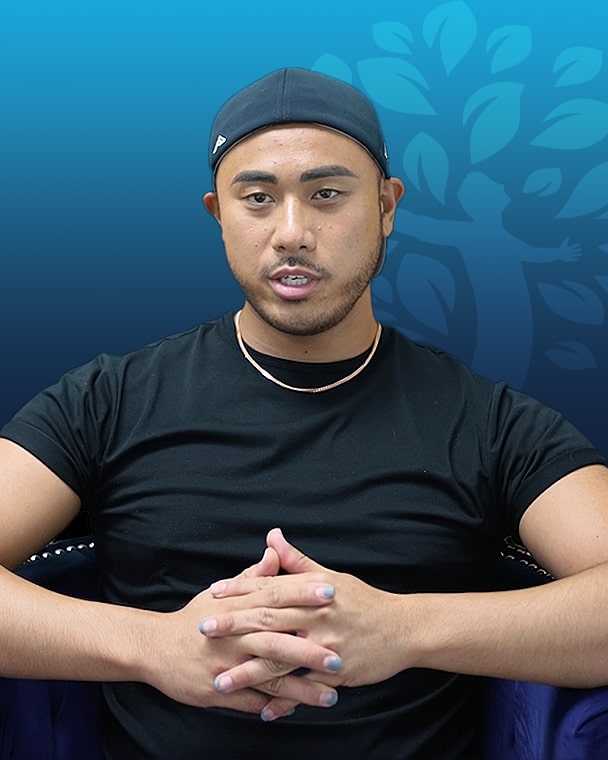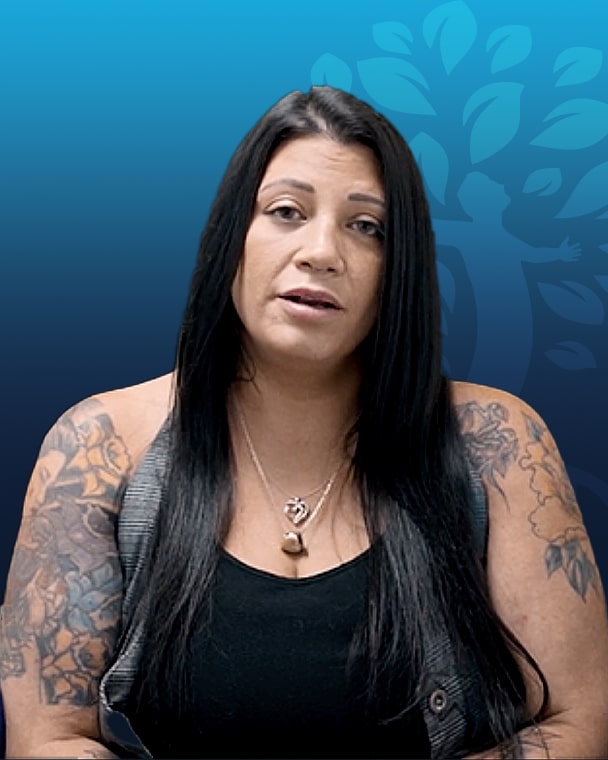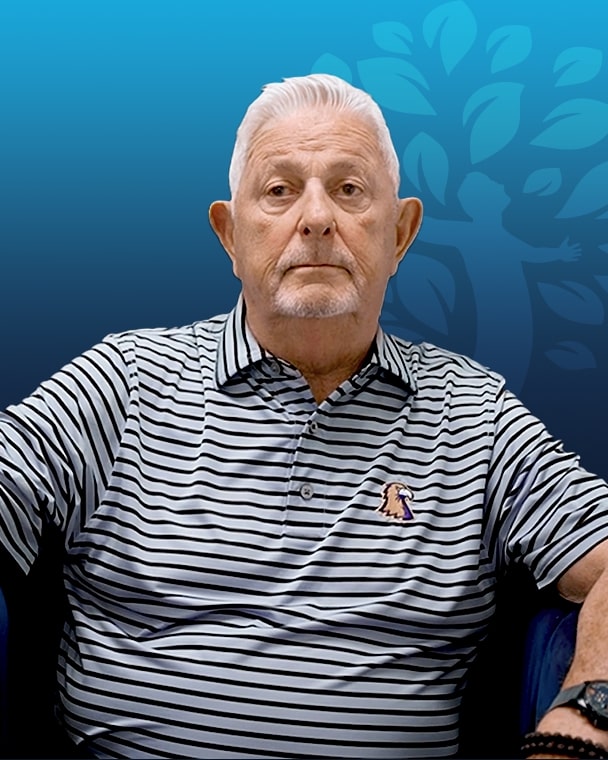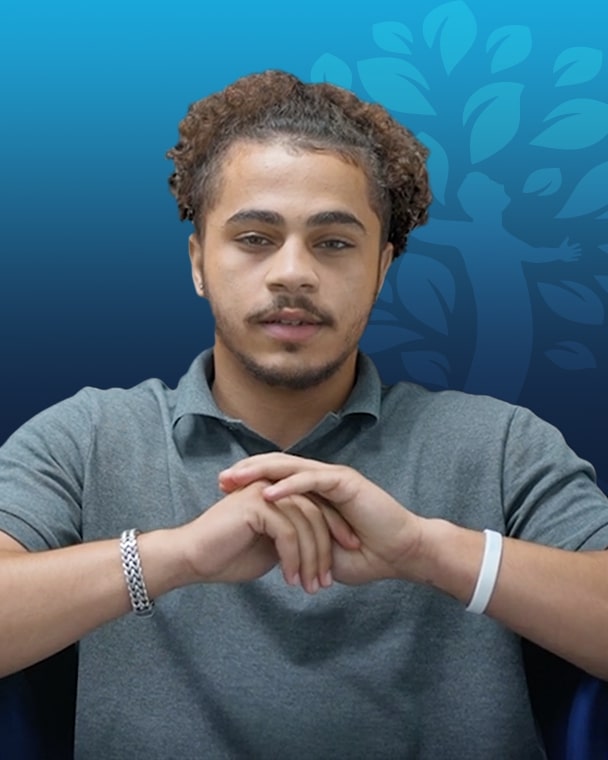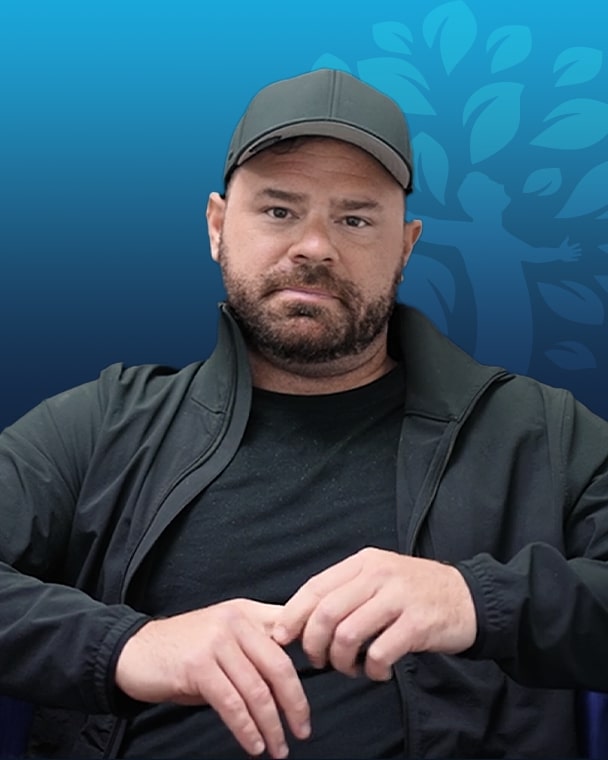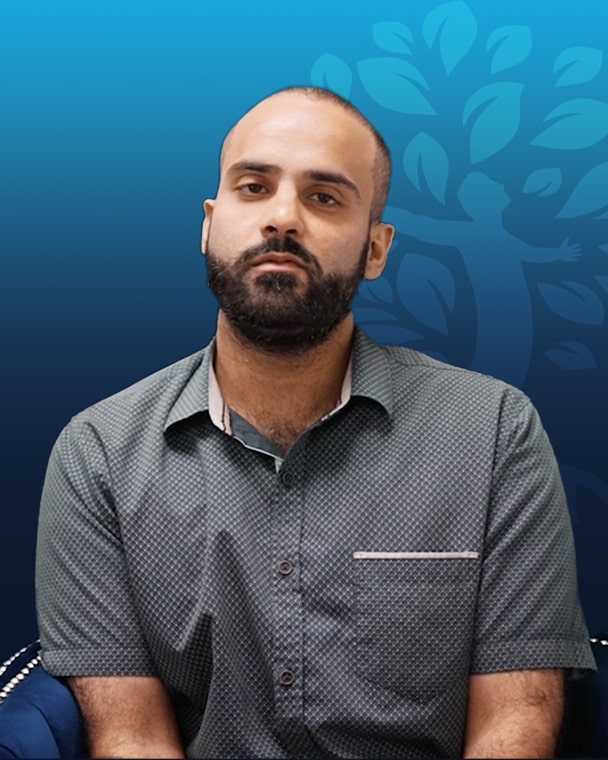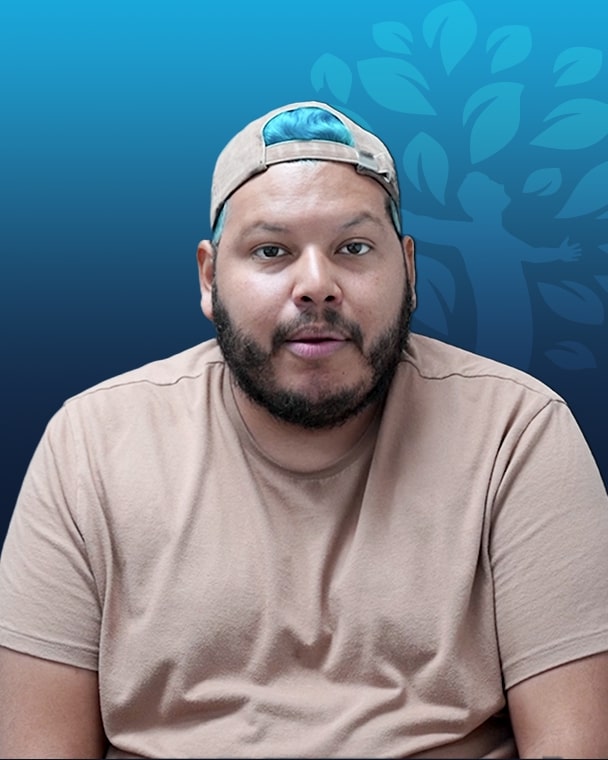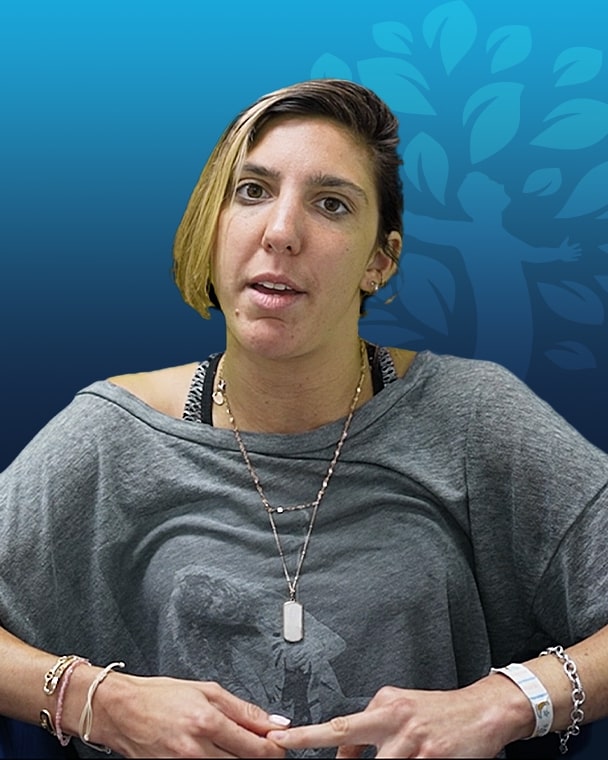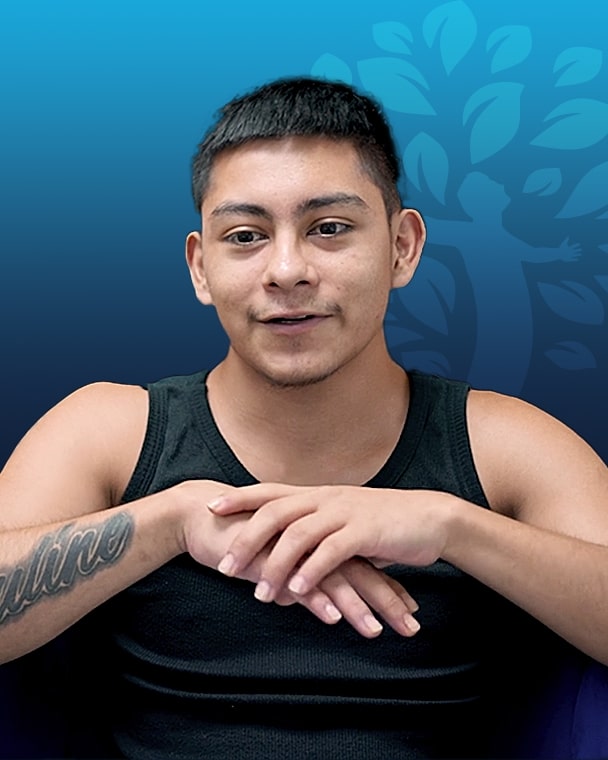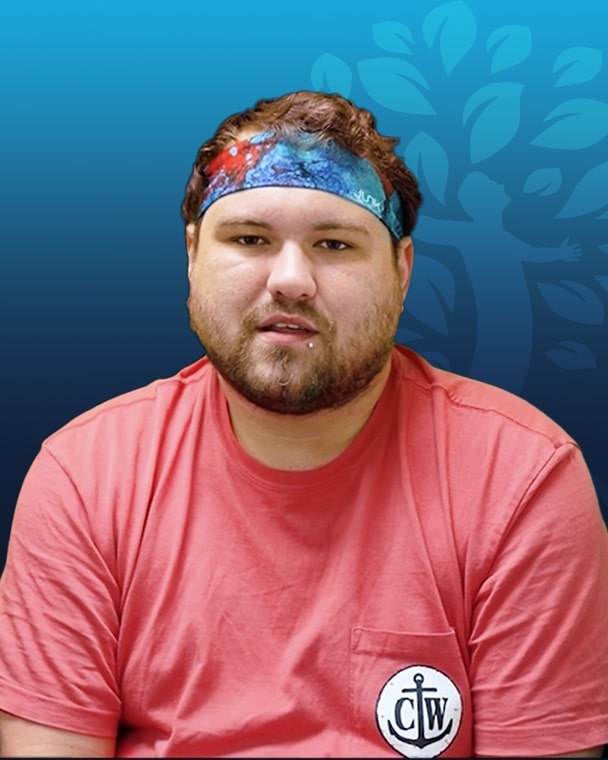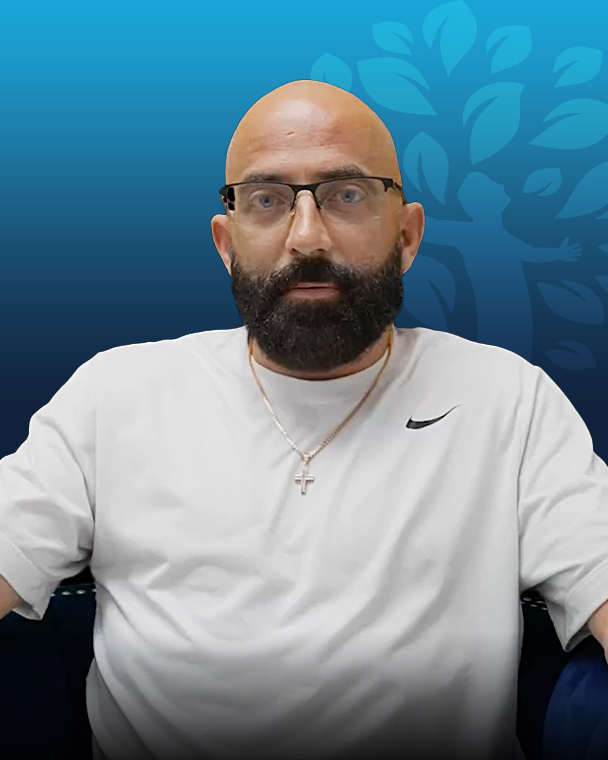
Opioid Rehab for Cocoa Beach, FL Residents
History of opioid addiction
A hundred years ago, the First World War, and uncontrolled influenza, caused average life expectancy figures to drop in the United States. In the year 2015, life expectancy in the US began on a continued downward path again, for the first time in a century. Uncontrolled access to opioids has been to blame this time. Accidental opioid overdoses take more lives each year today than the HIV epidemic did at its peak.
Opioid addiction, however, isn’t a novel phenomenon. Its beginnings can be traced to the 1980s when the medical community first began to pay attention to the management of chronically painful conditions that millions of people lived with on a daily basis – backaches, sprains, joint pain and so on. The American Pain Society, in 1995, began a campaign to help extend recognition to chronic pain as a vital sign that doctors everywhere needed to pay attention to and treat.
Up to that point, powerful opioid painkillers were only prescribed to people for a few days after a painful surgery, or to those with cancer. Small studies began to make it out, then, however, that pointed out how opioid painkillers were found to be remarkably non-addictive. One study published in the New England Journal of Medicine in 1980, for instance, found that only four out of nearly 12,000 users of opioid medications suffered addiction. With these studies, the perception that opioids were not to be feared, after all, began to become widespread.
Through the 80s and 90s, pharmaceutical companies began introducing powerful opioid painkillers, took up marketing efforts to suggest to doctors that these medications were not addictive, and built up momentum for the habit of prescribing these medications for every manner of a painful condition. The truth is, however, that opioid medications are not particularly effective at treating chronic pain. Tolerance is quickly developed to these drugs, and they even cause hypersensitivity to pain, making people turn to these drugs all the more. Addiction is an ever-present possibility, as well.
It was only when the scale of the opioid epidemic became clear that the medical profession in the United States began to develop new prescription guidelines, in line with modern scientific findings. Doctors began to scale back on their pain prescriptions.
A good deal of damage has already been done, however. Pills are easily available through internet pharmacies and street dealers, and people are able to switch to drugs like heroin when opioid painkillers aren’t available.
Evidence-based rehab is the only scientifically proven way to escape an opioid addiction.
How to detox from opioids
It is a commonly held belief that while addictions to alcohol and some other substances may require medical detoxification at a rehab, that opioids are different. The withdrawal symptoms of opioid addiction, it is believed, are unpleasant, but, ultimately, harmless. For this reason, some people do attempt to quit opioids on their own, without medical help. It’s important to realize, however, that opioid detoxification is far from harmless.
In many instances in prison, inmates deprived of the opioids that they are addicted to, are forced to quit cold turkey. Without adequate medical monitoring and intervention, the uncontrolled vomiting and diarrhea that often result tend to cause dangerous dehydration, and death. Such outcomes are completely avoidable, however.
When you accept medical detox at Legacy Healing Center, you have professional doctors overseeing your recovery, and ensuring that you are safe, well-hydrated, and pain-free at all times.
CALL LEGACY HEALING CENTER 24/7 TO SPEAK WITH AN
INTAKE SPECIALIST. CALLS ARE COMPLETELY CONFIDENTIAL.
What opioid rehab is like
Once detox concludes after a week or so of treatment, you no longer actively crave the drug that you’re addicted to, and you no longer experience withdrawal symptoms for not using. It’s important to understand at this stage, however, that the letup in your addictive behavior is not a sign that you are cured of addiction. Addiction is a permanent brain disease involving difficulty resisting the thought of self-harm with drugs. Irresistible thoughts of using may return at any time after detox. If you are to stay free of a slide back into substance abuse, you need to take advantage of evidence-based rehab, therapeutic psychological treatment, and behavioral training, all aimed at helping you recognize how addiction works on your brain. You need to learn how thoughts of returning to active substance abuse can overcome your mind, work on ways to avoid situations that can trigger cravings in the mind, and correct psychological and mental disorders that make the use of drugs tempting.
In opioid rehab at Legacy Healing Center, trained addiction experts evaluate each patient individually to determine what kind of psychological and psychiatric challenges they face escaping addiction, and design personalized treatment plans for them, involving sessions of cognitive-behavioral therapy, group therapy, and family therapy. When you participate in such therapy, you gradually gain familiarity with the ways in which your mind turns toward substance abuse, and learn to overcome them.
How long does rehab last?
How long treatment lasts in the case of any specific patient depends on the depth of their addiction, the length of time for which they have been addicted, and their psychological willingness to break free of addiction. In most cases, the detox part of rehab only lasts a week or two. The rest of the time spent in rehab is entirely devoted to psychological therapy to help equip each patient with the mental tools that they need to avoid a slide back into addictive behavior. Rehab programs are usually offered in periods that range between 30 days and 90 days.
Sober-friendly attractions near Cocoa Beach
Cocoa Beach offers wonderful beaches and plenty of great surfing action. It’s also on the Space Coast, meaning that you get great views of Kennedy Space Center when there’s a rocket launch. You can also visit the Space Center to experience the remarkable history of American space exploration. When you have the time, there’s a lot more to take in – kayak tours, Golf-N-Gator, where you golf among alligators, and Cocoa Beach Aerial Adventures, that has you climbing through trees. They are all great ways to enjoy what the city has to offer.
If you struggle with an opioid abuse habit, it’s important that you speak to an addiction treatment professional as soon as possible. Legacy Healing Center is here to help, with quality, evidence-based treatment, and compassionate care.
Related Cocoa Beach Addiction Treatment Pages:
CALL LEGACY HEALING CENTER 24/7 TO SPEAK WITH AN
INTAKE SPECIALIST. CALLS ARE COMPLETELY CONFIDENTIAL.
Article content
- History of opioid addiction
- How to detox from opioids
- CALL LEGACY HEALING CENTER 24/7 TO SPEAK WITH AN INTAKE SPECIALIST. CALLS ARE COMPLETELY CONFIDENTIAL.
- What opioid rehab is like
- How long does rehab last?
- Sober-friendly attractions near Cocoa Beach
- CALL LEGACY HEALING CENTER 24/7 TO SPEAK WITH AN INTAKE SPECIALIST. CALLS ARE COMPLETELY CONFIDENTIAL.


Legacy Healing Center testimonials
Real People. Real experiences



Legacy Healing Center testimonials
What Our Alumni Has to Say
Absolutely beautiful! Staff is so caring and welcoming. Highly recommend to anyone who is struggling and looking to heal. This is the place for you!
Jacqueline C.
Honestly, it's not what you imagine when thinking "detox." Legacy made my experience so comfortable from beds, food, staff and such a clean facility. Besides all that they literally gave me life back. Forever thankful.
Avi S.
GET IN TOUCH
Contact Us
If you would like to get in touch with us or simply have any questions or comments, please call us today. Our helpline if 100% confidential.
Call Us
Email Us
Visit Us
1425 WEST CYPRESS CREEK ROAD, SUITE 201FORT LAUDERDALE, FL 33309


